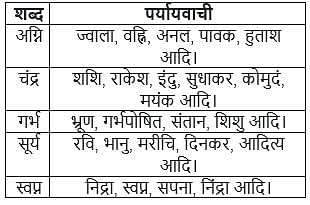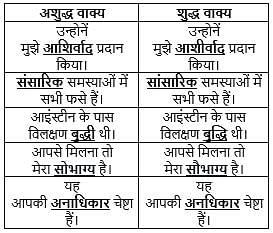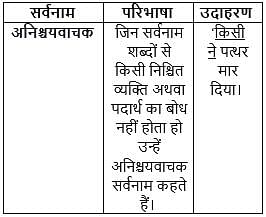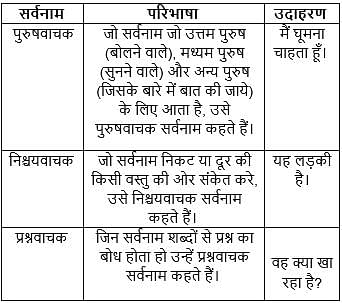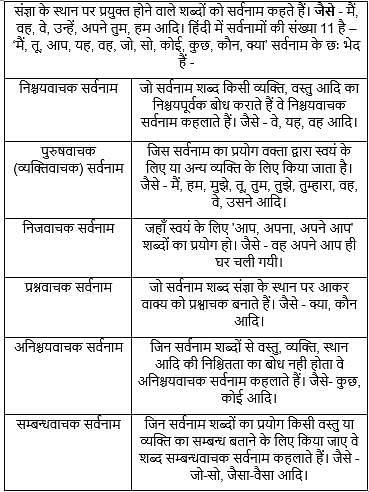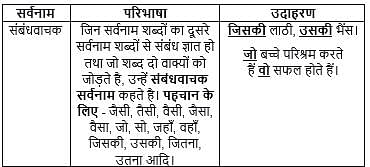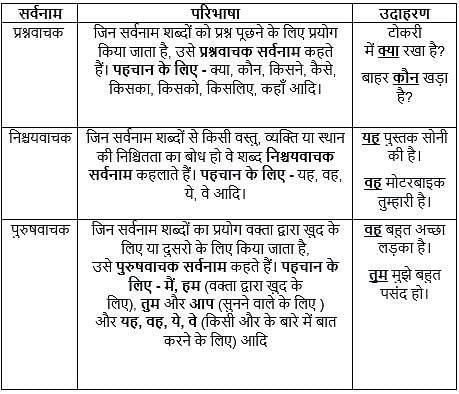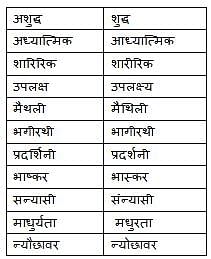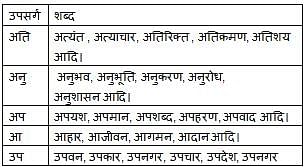SSC JHT Mock Test - 3 - SSC Junior Translator MCQ
30 Questions MCQ Test SSC JHT Mock Test Series 2024 - SSC JHT Mock Test - 3
Select the option that expresses the given sentence in indirect speech.
The manager said to the employees, "Will you be able to complete the target by tomorrow?"
Change the following sentence into indirect speech:
Tom said, "I woke up feeling ill, so I didn't go to work."
| 1 Crore+ students have signed up on EduRev. Have you? Download the App |
Select the correct passive form of the given sentence.
The Principal introduced the chief guest to the audience.
Parts of the following sentence are given as options. Identify the part that contains a grammatical error. If there is no error, select 'No error'.
The objective was to / dispose off a cargo of cotton which/ I had brought from Mumbai port.
Select the correct active form of the given sentence.
The cockroach might not be killed by her.
A. The effort was to know the topography, the soil quality, the flora, the fauna, the local histories, and the cropping pattern – all the facts seen as necessary to know about to administer the region.
B. From the end of the nineteenth century, Census operations were held every ten years.
C. By the early nineteenth century, detailed surveys were being carried out to map the entire country.
D. These prepared detailed records of the number of people in all the provinces of India, noting information on castes, religions and occupation.
Select the most appropriate option that will fill in the blank number 5.
What should be followed for the benefit of greater physical and mental efficiency?
Choose the word that is opposite in meaning to the given word.
Surrender
Fill in the blank with the correct determiner in the given sentence:
The teacher spoke to ______ of her students separately after the exam.
Choose the word that means the same as the given word.
Consecutive
दिए गए वाक्य में से गलत वर्तनी ज्ञात कीजिए।
श्रुति की दुखभरी कहानी सुनकर मेरी आँखों से आंसु बहने लगे।
‘किसी ने पत्थर मार दिया' - रेखांकित पद में कौन सा सर्वनाम है ?
"जो सोवेगा सो खोवेगा, ज़ो जागेगा सो पावेगा।' किस सर्वनाम का उदाहरण है?
'जैसा कर्म करोगे वैसा फल मिलेगा' वाक्य में कौन-सा पुरुषवाचक सर्वनाम प्रयुक्त हुआ है?
प्रस्तुत अनुच्छेद में किसके सीधेपन के बारे में बताया गया है?


